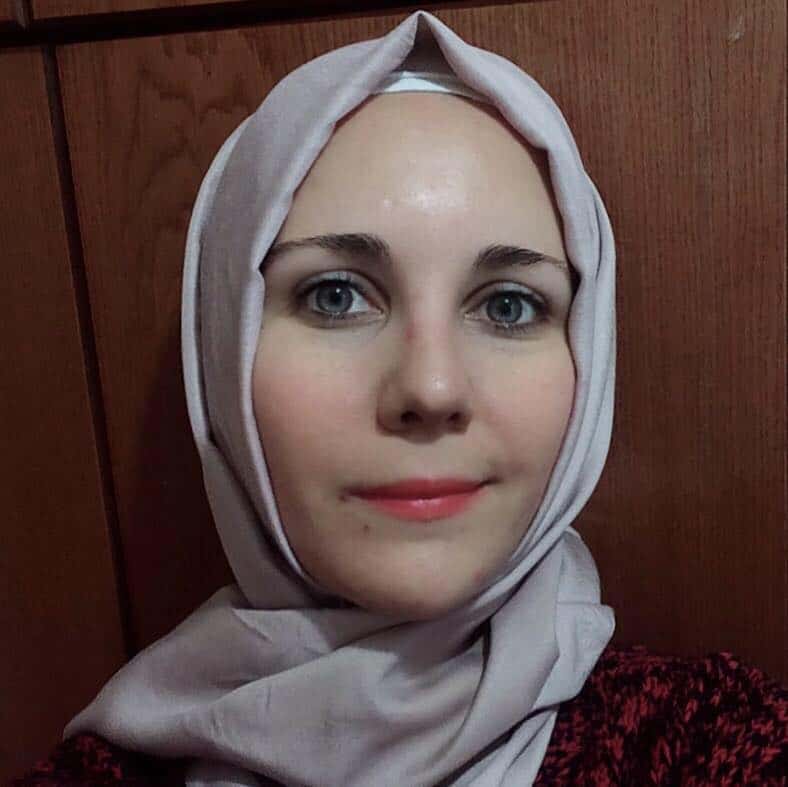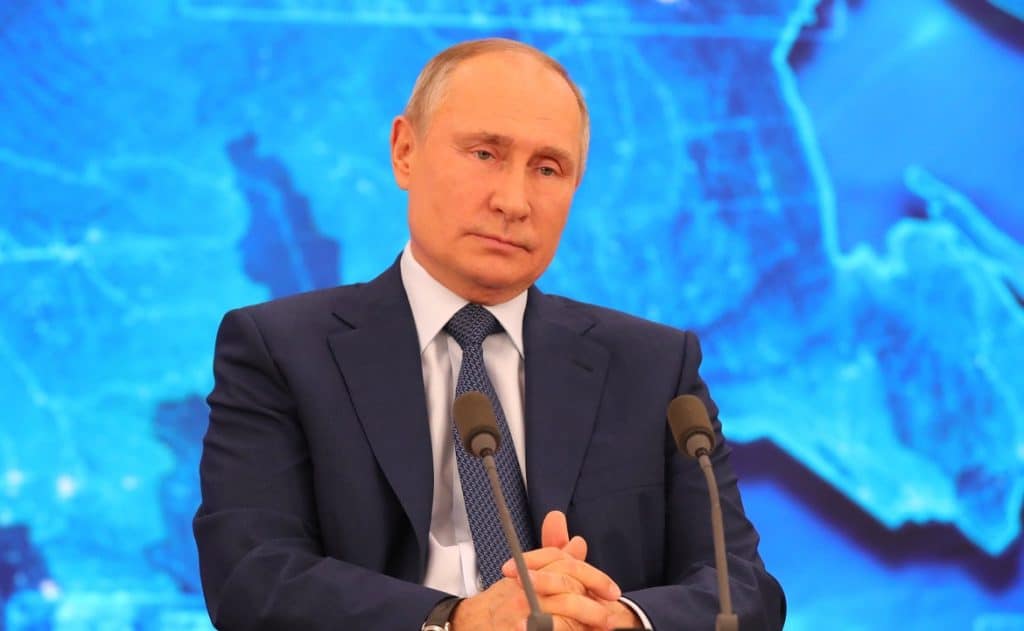By Begum Burak (Associate Researcher, IFEA)
Foreign policy vision cannot change overnight. The foreign policy preferences are mainly shaped by political culture, international conjecture and geopolitical position. This article is an attempt to analyze Russian foreign policy during Putin rule.

The concept of foreign policy according to Hill (2003) is defined as “the sum of official external relations conducted by an independent actor (usually a state) in international relations”. The foreign policy formulation process is known as a dynamic process. It is not fixed and the personality of political leaders has an impact on foreign policy formulations. Domestic politics shape foreign policy steps in addition to external dynamics like economic crisis or pandemics such as Coronavirus.
Russia’s Foreign Policy During Putin Administration
Each country has different foreign policy preferences depending on elites, domestic politics, economy (both national and global) and geopolitical location. There are different views about foreign policy determinants. Some argue that interests and conflicts shape foreign policy steps while others argue that cooperation and mutual interests play a role. Today, Vladimir Putin leadership has a big role in Russia’s foreign policy. Vladimir Putin used to work as an intelligence officer before he entered into politics.
After the Cold War Russia has become a global player especially under the rule of Vladimir Putin. When Putin came to power, the country has increased its role in international relations in a remarkable way. Russia has not only used the advantages of being a member of the United Nations Security Council. It has also adopted pragmatism in foreign policy steps.
Putin came to power in 2000, since 2000, the Middle East has become a priority issue for Russia. Today, issues such as finding a peaceful solution in Syria in line with USA, developing relations with Iran and Egypt are prominent for Russia. It should be noted that Syria has an exceptional place for Russia in the Middle East. Syria has been one of the most important allies of Russia in the region since the onset of the Cold War.
On the other hand, it can be said that, Putin both shows anti-globalizing stance with his discourses and defends the view that Russia should preserve its cultural roots. According to Roberts (2017) Putin frequently states that Russia has the greatest passion to regain its reputation and dominant role in the world, and notes that Russia should play a role in international relations that is worthy of Russia’s historical power. Putin has tried to develop good relations with Middle Eastern countries to expand Russia’s influence in the region. In terms of relations with the West, the ideological tension dating back to Cold War period has still some tracks in Russian foreign policy.
According to an article published in TASS News Agency that compared the working approaches of Putin and his Turkish counterpart Recep Tayyip Erdogan, both Putin and Erdogan “are very much alike and that is why they manage to find resolutions in some very-very complex situations like it was with the Syrian affairs.” “They meet, and both of them are responsible for their words, and both of them control the situation, and both of them are capable of making responsible and quick decisions, which both of them do”
Finally, it can be said that, Putin’s primary goal in foreign policy formulations has been to seek an international order that can open a space for redefining the national interests of Russia. In this regard, the search for a multi-polar order against US unilateralism is an outstanding feature of the Putin rule in recent years.
Author: Begum Burak (Associate Researcher, IFEA)
(The opinions expressed in this article are solely those of the authors and do not necessarily reflect the views of World Geostrategic Insights)







